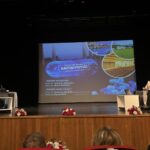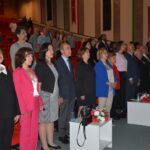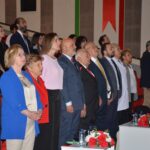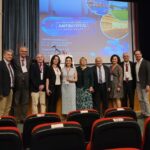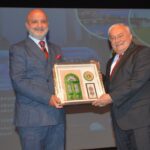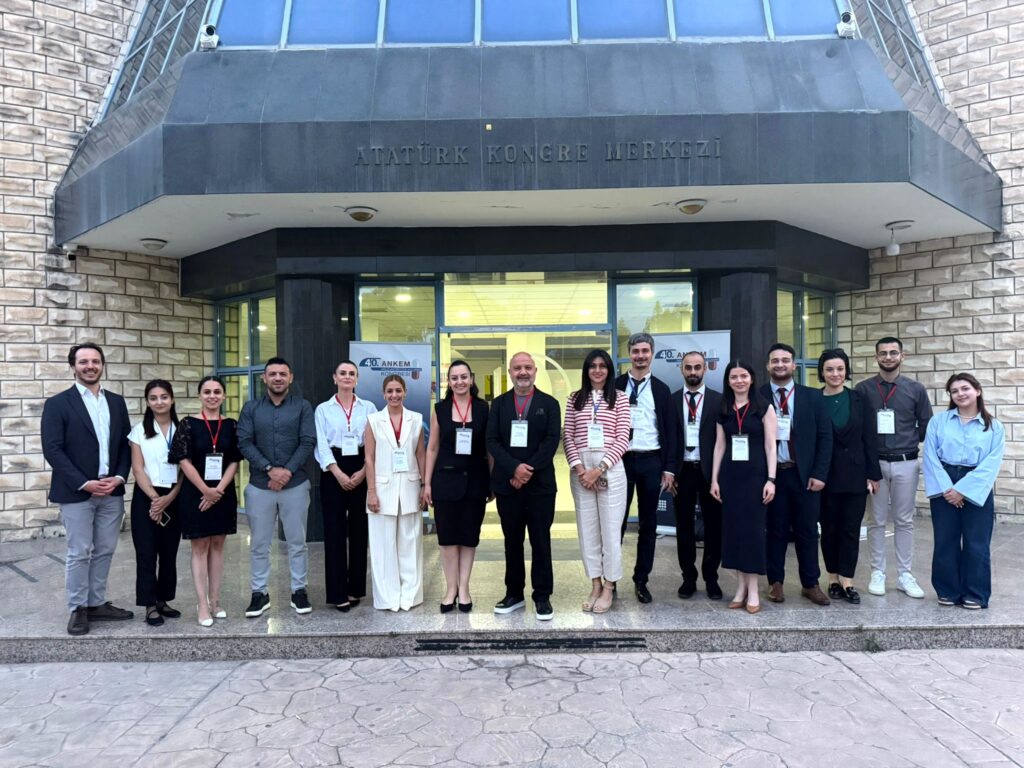
The 40th ANKEM Congress, which addressed rational antibiotic use, infection control, vaccination and artificial intelligence-supported health practices, was completed with a four-day intensive scientific program hosted by Near East University.
The four-day “40th ANKEM Congress on Rational Antibiotic Use”, organized in cooperation with Near East University and the Antibiotic and Chemotherapy (ANKEM) Association, was held at the Near East University Atatürk Culture and Congress Center with intense participation.
The congress, organized with the slogan “Vaccinate for health, use antibiotics rationally”, addressed many important issues such as conscious antibiotic use in infectious diseases, evaluation of epidemic diseases, vaccination practices, surgical and intensive care infections.
During the four-day congress, participants had the opportunity to share scientific developments with interactive sessions, panels, oral and poster presentations. The congress, which ended with general evaluations in the closing session, will share studies presented by experts in many fields as articles and shared with the scientific world.
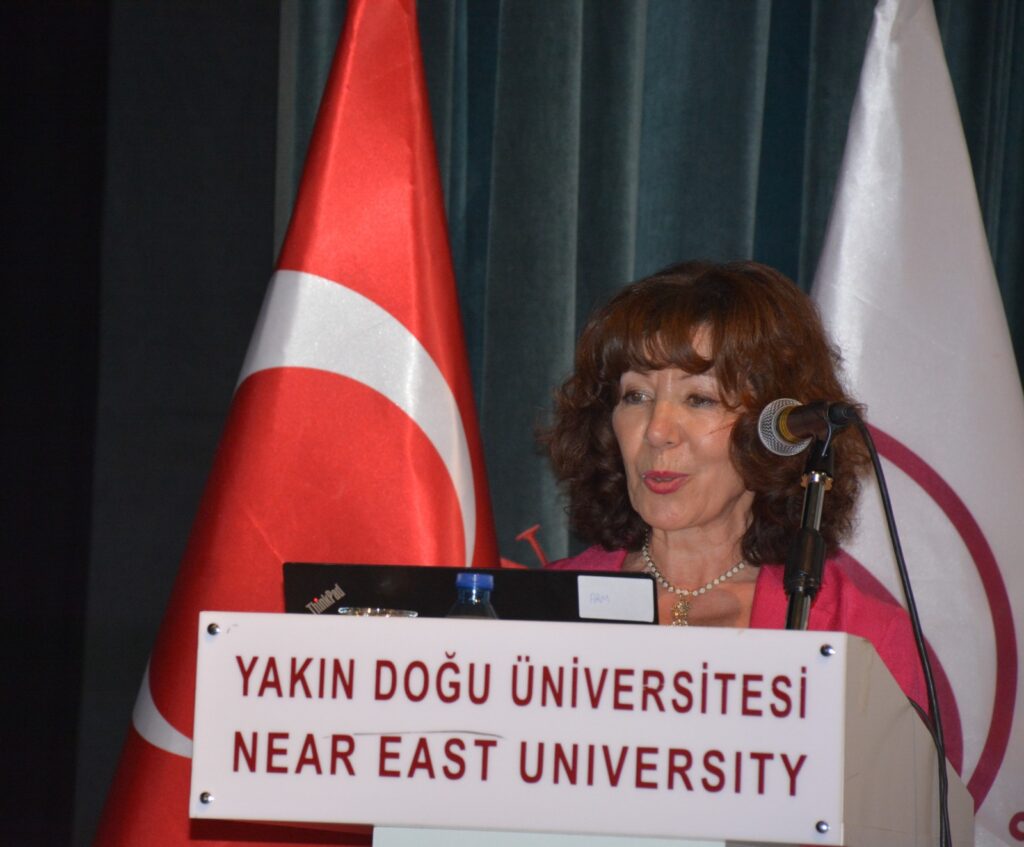
The congress was administered by co-chairs Prof. Dr. Sebahat Aksaray from the Health Sciences University and Assoc. Prof. Dr. Buket Baddal, a faculty member at the Near East University Faculty of Medicine and a researcher at the DESAM Research Institute, General Secretary Prof. Dr. Dolunay Gülmez from the Hacettepe University Faculty of Medicine and Prof. Dr. Emrah Ruh from the Near East University Faculty of Medicine. The opening speeches of the congress were made by Near East University Rector Prof. Dr. Tamer Şanlıdağ, ANKEM Association President Prof. Dr. Bülent Gürler and Congress Co-Chair Prof. Dr. Sebahat Aksaray.
The transformation created by artificial intelligence played a leading role on the first day of the congress
The first session of the congress, which started with “ANKEM Square”, addressed the effects of epidemic periods on art under the title of “Epidemics and Art” and the role of art in times of social crisis. The “Enver Tali Çetin Conference” was held under the title of “Innovative Approaches in the Field of Health”. Within the scope of the conference, the transformation experienced in many areas, from digital health solutions to biotechnological developments and artificial intelligence-supported systems, was discussed in terms of the quality and accessibility of healthcare services.
Another striking session on the first day of the congress was “Artificial Intelligence, Fuzzy Logic and Mathematical Modeling Applications in Healthcare”. “The Role of Artificial Intelligence and Multi-Criteria Decision Making Methods in Diagnosis and Treatment” and “Outbreak Monitoring and Management with Mathematical Modeling” was presented at the panel.
Current approaches and applications in infectious diseases were discussed!
The second day of the congress started with the session “Evaluation and Management of Urinary System Infections in Children”. Then, a conference titled “Principles of Rational Antibiotic Use” was held. In the first panel of the day, “Bacterial Threats” and “Fungal Threats” were discussed under the main title of “Current Infection Threats in Intensive Care Units”. In another panel held afterwards, “Surgical Prophylaxis” and “Perioperative Infection Evaluation and Management” were discussed within the scope of “Surgical Infection Evaluation and Management”. The satellite symposium held at noon featured the title “Race Against Time: When Should We Use Syndromic Tests?” In the afternoon panel, topics such as “Current Status in Pediatric and Adult Vaccination”, “New Vaccines”, “Vaccination in Healthcare Workers and Pregnant Women” and “Vaccination in Cancer and Transplant Patients” were comprehensively evaluated. In the conference held later in the day, the topic of “Transformative Effects of Biotechnological Developments in Infectious Disease Management” was discussed. In the last panel, “HIV”, “HPV” and “Syphilis” were discussed under the title of “Current Status in Sexually Transmitted Infections”. The second day ended with a closing conference titled “Tomorrow’s DAS: Innovation, Security and Data Management” and oral presentations.
Infection control and foodborne risks were examined!
The third day of the congress started with a session titled “Ectoparasites”. The conference held immediately afterwards addressed the topic of “Infection, Prevention and Management in the Use of Biological Agents”. In the first panel of the day, “Management of Hospital Infection Outbreaks: Molecular Analyses and Resistance Mechanisms”, “Hospital Outbreaks and Infection Control Caused by Resistant Bacteria”, “Microbiology Laboratory in the Prevention of Hospital Outbreaks” and “Molecular Epidemiological Management of Hospital Outbreaks with Cases” were presented in detail. Following the panel, a conference titled “Foodborne Infections” was held. Later in the day, a conference titled “Fever Management in Children” and a panel titled “Sepsis and Meningitis in the Newborn” were presented. In the last session of the day, “Antiprotozoal Drug Resistance” and “Alternative Antimicrobial Treatments” were discussed.
The fourth and last day of the congress focused on scientific publishing. Following the “Interactive Meeting: How to Publish an Article?” session, panels were held under the titles “Scientific Research Planning and Research Ethics,” “Qualified Scientific Article Writing,” and “Publication Ethics and Predatory Journals.”
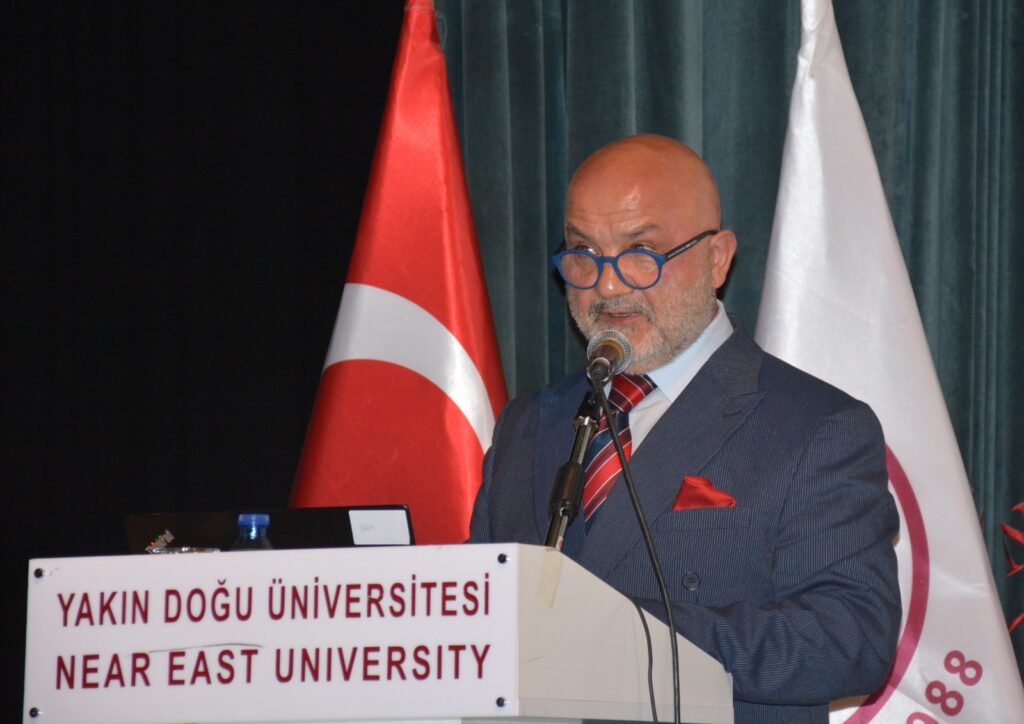
We are not only hosts but also solution partners in the fight against antibiotic resistance!
Emphasizing that antibiotics are one of the most important achievements of modern medicine, Near East University Rector Prof. Dr. Tamer Şanlıdağ stated that unconscious and widespread antibiotic use leads to serious health problems. Underlining that Near East University is not only a host but also an active solution partner in the fight against antibiotic resistance, Prof. Dr. Şanlıdağ stated that bacteriophage research conducted at the university makes a significant contribution to the development of alternative treatment methods against resistant bacteria. Drawing attention to the strength of the university’s research infrastructure, Prof. Dr. Tamer Şanlıdağ said, “The research processes of new antimicrobials designed and synthesized on our campus continue both in laboratory environments (‘in vitro’) and in living organisms (‘in vivo’). We actively use artificial intelligence and advanced technologies in these studies.”
Stating that they aim to strengthen international collaborations in addition to sharing scientific information, Prof. Dr. Şanlıdağ said, “Effective strategies against global threats such as infectious diseases can only be possible with interdisciplinary and cross-border joint studies. This congress is a reflection of this understanding.”
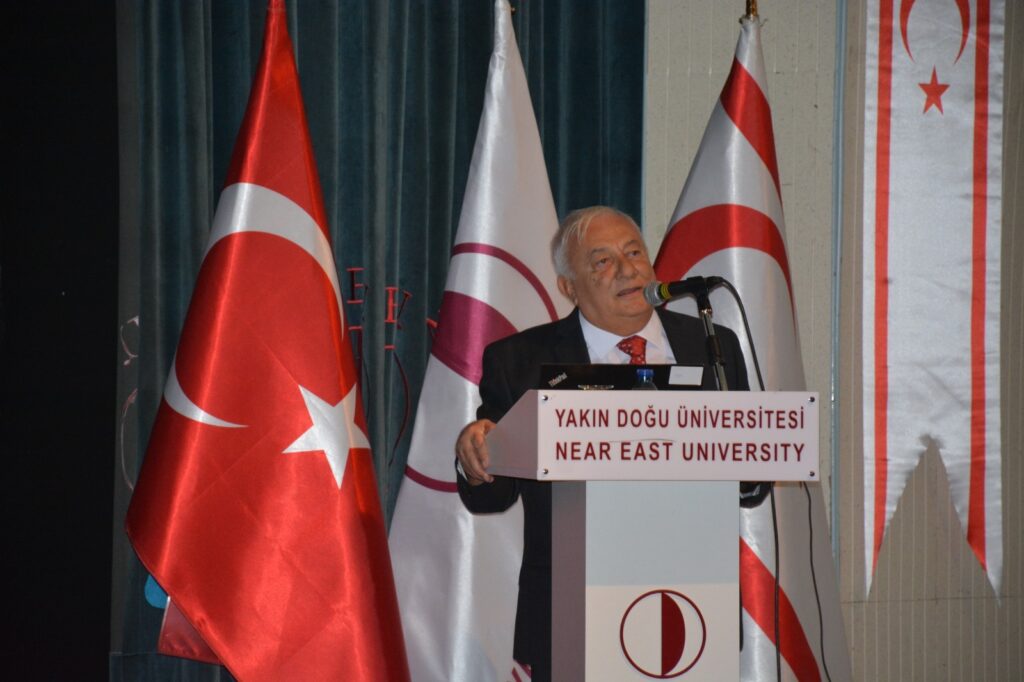
A 40-year fight against antibiotic resistance!
Referring to the 40-year journey of the Antibiotic and Chemotherapy Association, ANKEM Association President Prof. Dr. Bülent Gürler said, “We have provided pages of scientific information to our physicians to date. We have organized congresses and shared current developments with our colleagues.” Addressing young scientists, Prof. Dr. Gürler said, “I sincerely believe that our young friends will carry ANKEM even further with new projects.”
Drawing attention to the multifaceted and interdisciplinary structure of the congress, Congress Co-Chair Prof. Dr. Sebahat Aksaray said, “Thanks to ANKEM’s multidisciplinary approach, different branches from many countries come together and health issues are addressed in a multidimensional manner.” Stating that separate congresses are organized for each field of expertise today, Prof. Dr. Aksaray said, “The fact that such a comprehensive congress, which brings together different disciplines, has continued uninterruptedly for 40 years clearly demonstrates ANKEM’s strength and value in the scientific field.”
